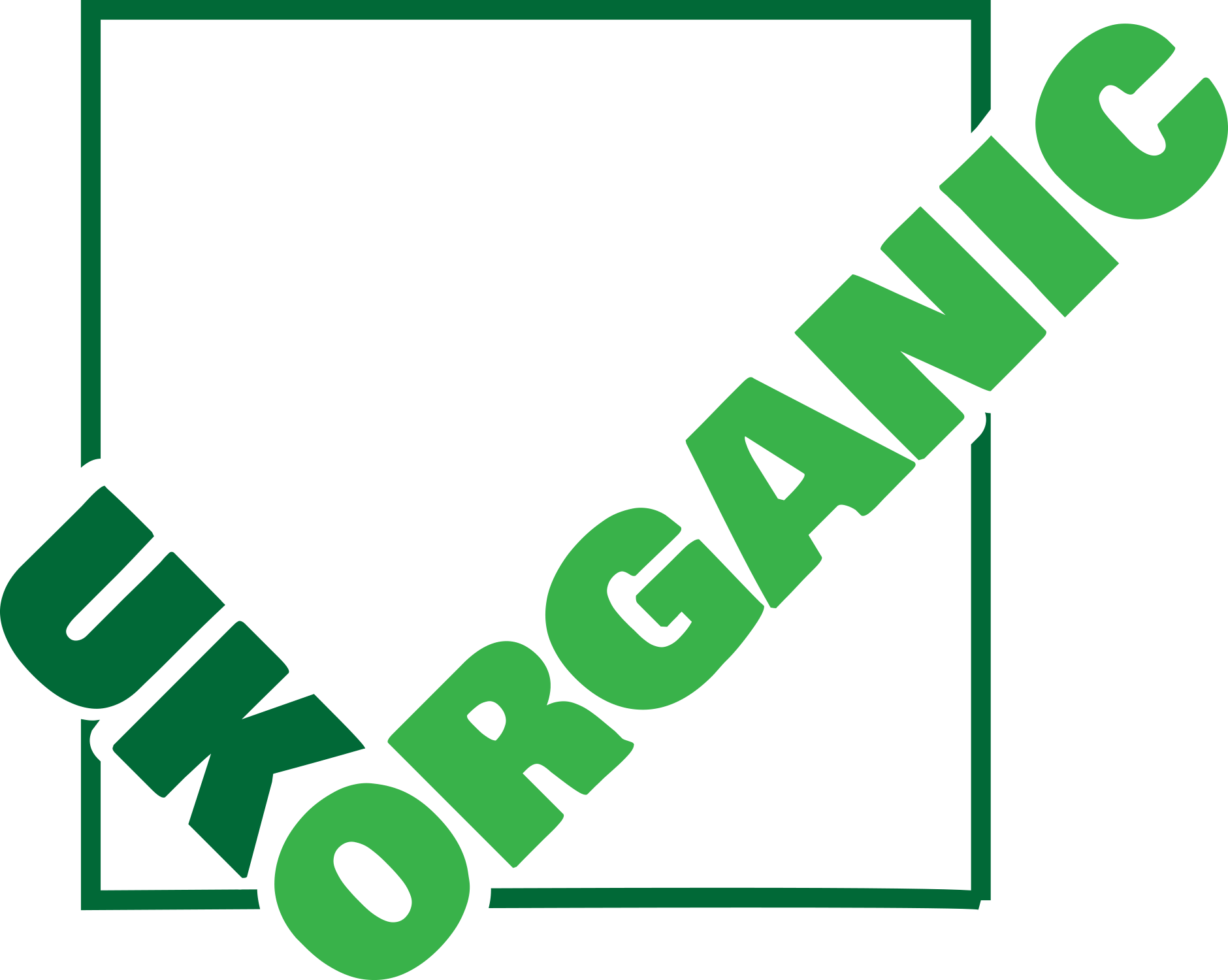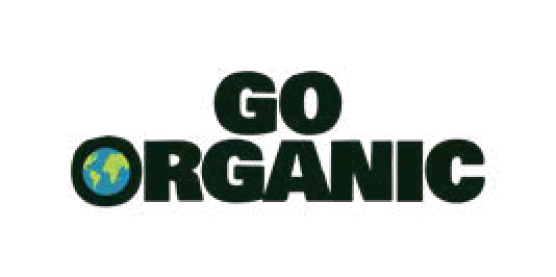Just in time for Organic September 2020, the Soil Association Certification has published a report that provides an update on what you can say when marketing organic.

When announcing the report the Soil Association stated: “Organic farming is a system – governed by legal standards, and regularly and independently inspected – that produces food in ways that benefit people, animals, wildlife, society and the natural world. However, recent shopper research conducted by Soil Association Certification has revealed that these benefits of organic aren’t currently widely known.
Confronted with a sea of labels, competing health claims, food scares and conflicting advice, it’s never been more important to be able to communicate clearly about what organic really means.”

Essential guidance
The team at Soil Association Certification developed this booklet following discussions with Committee of Advertising Practise (CAP) referencing the principles of the CAP Code to compile this essential reference source.
Marketing and communications about organic farming, production and brands needs to be evidence-based. This guide includes statements about organic food and farming that have been assessed against the UK Advertising Standards Authority’s (ASA) Code.
You can download it for free here and it focuses on the benefit of organic food and farming for people, animals, wildlife, society and the natural world.
You can find out more by watching the Soil Association’s webinar on the subject which was aired on 15 July 2020.
Clarity and legality
The booklet statements are created to support the organic sector so that claims and information are supported by evidence and are legally correct.

How to use the guide
The Soil Association Certification advise anyone using the guidance in the booklet to always submit advertising copy and materials to CA (Copy Advice) before using them. Planned statements and copy can be submitted to the CA for free and they will respond within 24 course, however CA stress that any amendments made on their advice may still be found unacceptable by the ASA.
For full


